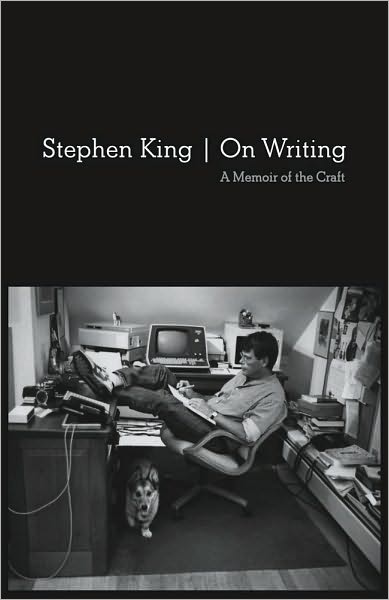King has published over fifty novels and written nearly 200 short stories. Most of his works are in the realm of horror, fantasy and suspense. His book on writing is a fabulously entertaining read for anyone interested in writing anything at all. The first, shorter part tells the story of his life, and the second part is about writing. Although he focuses on writing fiction, the advice is still pertinent to any writer. Here are some of the more interesting thoughts from the book.
- Every writer has a toolbox. It had at least 3 layers, vocabulary, grammar, and structure.
- The adverb is not your friend. Adverbs end in ‘ly’. She looked at him ‘kindly’. Too many of them can ruin a piece of writing. They are generic, and do not lend character to the description. The description should bring to life the kindness with which she looked at him.
- The active voice is better than the passive voice. The passive voice shows a weak person trying hard to assert authority.
- The best form of dialogue attribution is the simple word ‘said’. Too often we tend to imagine that ‘said’ becomes boring, and instead use ‘screamed’, ‘growled’, ‘whispered’ and other words. ‘Said’ works best most of the time.
- Reading is the creative centre of a writer’s life. To write well one has to read continuously. There are many opportunities for short spells of reading during the day, such as waiting at a bus-stop, while commuting, or between meetings. If you’re lucky you can avail of long spells of reading, that last several hours or an entire day.
- Writing is best when intimate. Write what you know. The heart also knows things, as does the imagination.
- There are 3 parts of a story: Narration, description and dialogue.
- Dialogues are the audio portions of any piece if writing. They define character.
- The key to good dialogue is honesty.
- Good stories are based on ‘what if’ situations. Don’t worry about the ending. The ending will show itself as you write.
- Description makes the reader a sensory participant in the story. Too little leaves the reader bewildered and near-sighted. Too much buries him or her in images and details. It’s important to know what can be left out and what can be described. Avoid over-description. It can be self-indulgent.
- Good description begins with clear seeing and ends with clear writing; the kind of writing that employs fresh images and simple vocabulary.
- Description begins in the writer’s imagination and ends in the reader’s.
- Opening the ‘mental eye’ when writing involves opening all the senses.
- Avoid clichéd metaphors and similes such as:
Pretty as a summer’s day
A piece of cake
- Never tell, always show when you can. You can show a lot about a character through dialogue, instead of telling.
- Your own thoughts and experiences can be used in your work.
- Avoid pronouns with unclear antecedents and adverbs.
- Unclear antecedent:
What does ‘they’ refer to? Both I and they are singular.
Correct: I never go to that shop because it has stale fruit.
- Is the story coherent?
- Delete stuff that goes in other directions.
- Pace is the speed at which the narrative unfolds. Each story should be allowed to unfold at its own pace.
- Second draft = First draft — 10%

